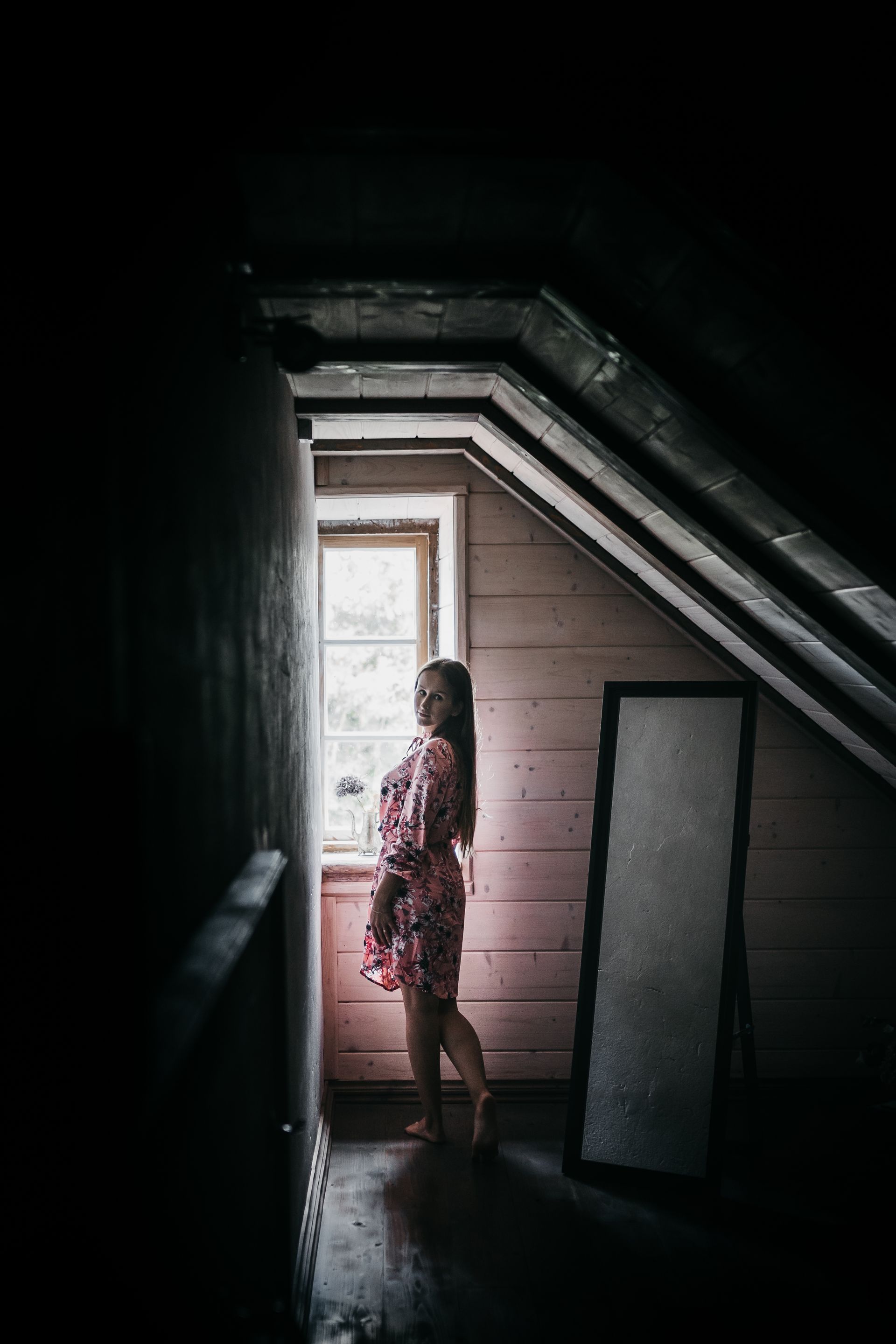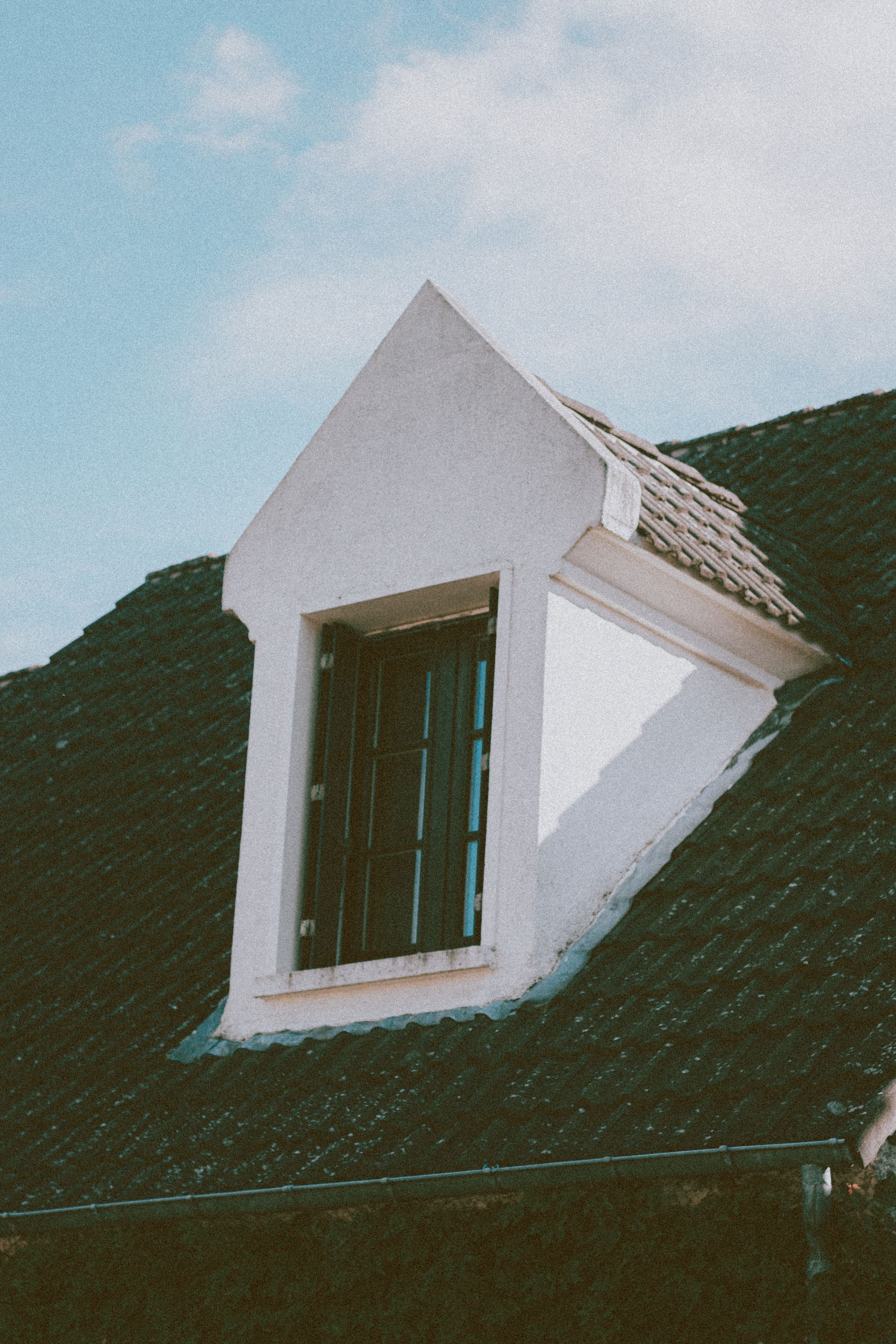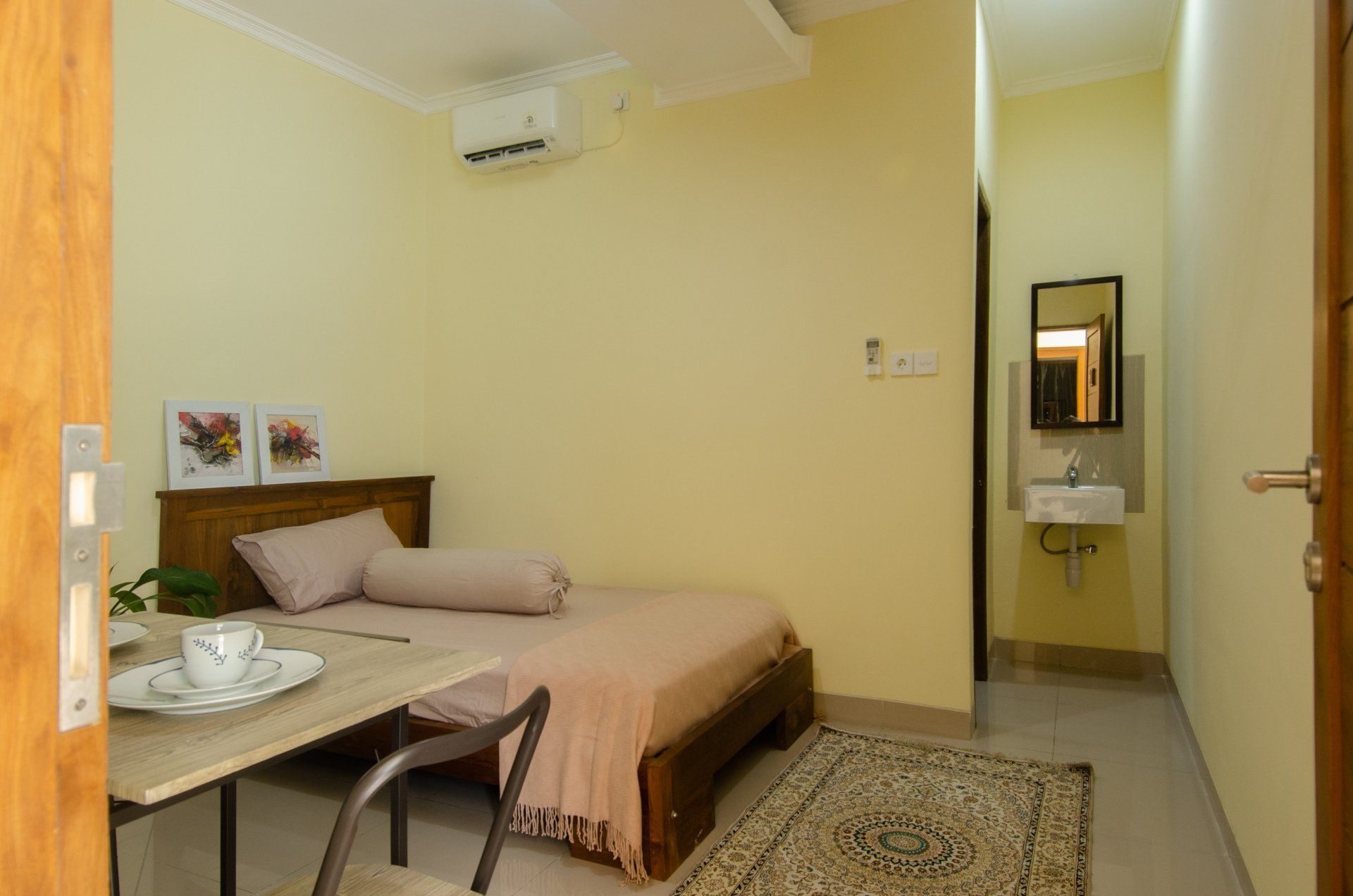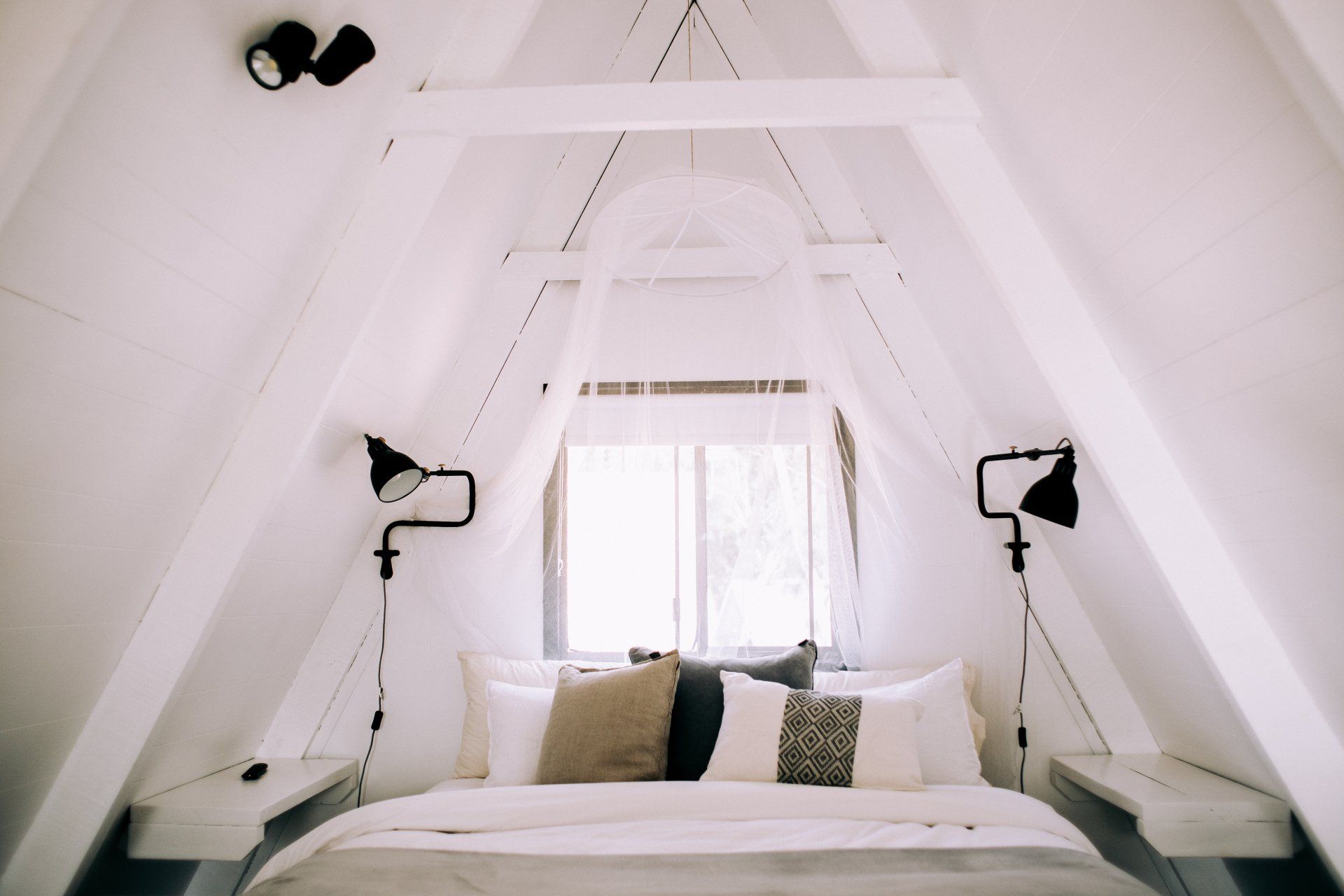What is the most effective insulation material?
What is the most effective insulation material?
When you're building a brand new house or renovating an existing home, you'll have plenty of options to consider. The design and aesthetic of your home can be a lot more enjoyable to think about than issues like the insulation you choose to install. However, these decisions are vital for the long-term efficiency of your home. In addition, they could affect the resale value just as much as aesthetics or the design of the shower in your master bathroom.
When it comes to the temperature in your home, it is important to remember that heat is generally looking for an exit. In winter, temperatures rise to the ceiling and away from your body. It also seeks out more cold areas in your house, including the garage, attic, or basement. If you've got cracks and leaks, heat will locate them. If that's not enough, the summer heat can get into your home. The type of insulation you select is vital.
When comparing the different kinds of insulation, be aware that they are assessed in relation to the resistance they have to heat flow, as indicated through "R-value." The best insulation is dependent on your requirements and desire to be eco-friendly. Attics typically require an R-value ranging from R-35 to R-45. It is the most heavily insulated portion of your house. It was the case that in past times, the majority of homes had simple fiberglass-insulated rolls. Nowadays, you can choose from foil-faced spray foam, spray foam transparent paper, and straw-core panels. These are only some of the kinds that are offered.
If you're just starting out and building your own home, using concrete forms that are insulated are literally putting the insulation in the structure of your home and is the best option to go for the most efficiency. If you're planning to remodel an existing house, spray foam is the best choice for maximum energy efficiency. Fiberglass or loose fill is also a possibility to spray into existing structures. When it's time to upgrade or add insulation to your home, you should choose one with the most suitable R-value for the requirements of your home. It will be based upon the condition of your house and the structure, as well as the location of your home. The house you live in is likely to have different requirements than one located in a different area. But ultimately, it is identical to yours to ensure that your house is resistant to the movement of hot as well as cold air.










